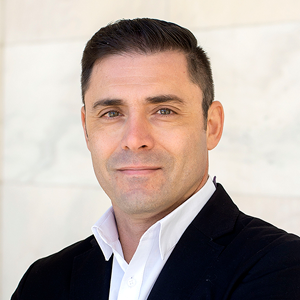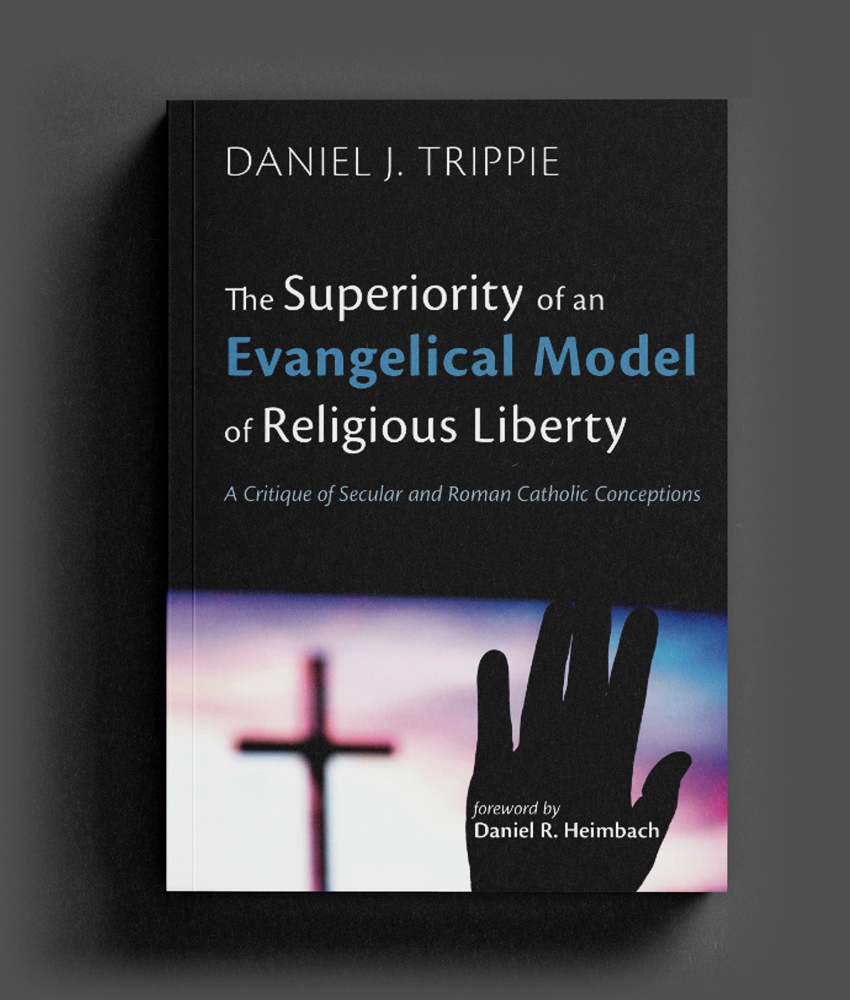The cultural landscape has changed in America. Our nation is quickly losing the principles that once bound us together. Institutions that once offered a vision of stability are eroding. And public figures that once engaged our imaginations have lost credibility. Consequently, our culture is collapsing under the weight of distrust and the lack of a cohesive vision — polarization and tribalism are hollowing out the unity of our nation. This is our reality in post-Christian America.
Some may debate whether America was ever truly a “Christian” nation. But few would argue (at least with intellectual honesty) that Christian principles did not significantly shape the forming of our republic. As we progress further into post-Christendom, the virtues and principles needed to unify a people are slipping away. And church leaders are painfully aware of the challenges in our new environment.
The effects of post-Christendom are hitting the church from all sides. The church is declining in attendance while an increasing number of Americans claim no religious affiliation. Younger people no longer seem interested in ultimate questions, and there is growing hostility to Biblical ethics. All of this can make Church leaders feel confused and discouraged. Consequently, it feels as though the church is pushed further and further to the boundaries of society.
Nevertheless, a society that rejects God loses more than they might first realize. For instance, let’s consider the concept of love. The modern world champions the virtue of love. We celebrate love in our music, movies, and marketing — “love is love” is the mantra of the day. But, love, as it is currently defined and practiced, seems to be nothing more than sentimentality and existential feeling. Our departure from God has left us without a substantive definition or practice of love. The church in post-Christian America must strive to recapture a distinctive vision of love.
The ancient church father St. Augustine understood the power of love. Before Augustine, theologians and thinkers argued that humans were primarily creatures of reason. Humans were thought to be thinking beings above all else; therefore, apologists sought to persuade unbelievers to the faith through reason. Apologists crafted persuasive arguments with powerful rhetoric to convince the world that Christianity was superior to Greco-Roman philosophy. And while Christianity did prove itself loftier than the philosophers of old, St. Augustine realized something more. Humans are more than creatures of reason; humans are creatures of love.
The doctrine of Imago Dei affirms that humans are creatures of both reason and love. And St. Augustine understood that humans are more often propelled by their love than their reason. The young man in love will spend more money than is reasonable for the woman of his desire. A mother will go to unreasonable lengths to protect her child. And that same mother may be stricken by irrational fears if the potential for harm is imagined. St. Augustine realized that we are more than thinking beings; we are also “loving” beings.
St. Augustine unearthed his doctrine of love at a time of social chaos. Humans were objectified, society was violent, and political institutions were crumbling. Narcissism and self-referential love had destabilized the foundations needed for a flourishing community. Subsequently, Rome descended into debauchery and lust.
Yet amid social and political chaos, St. Augustine presented a compelling vision of God’s love. St. Augustine contended that God’s love infused all of creation, and this provided a basis for beauty and meaning in the surrounding world. In Book Ten of his Confessions, Augustine says,
“I love a certain kind of light and sound and fragrance and food and embrace in my loving God, who is the light and sound and fragrance and food and embracement of my inner man — where that light shines into my soul which no place can contain, where time does not snatch away the lovely sound, where no breeze disperses the sweet fragrance, where no eating diminishes the food there provided, and where there is an embrace that no satiety comes to sunder. This is what I love when I love my God.” (206).
During a collapsing culture, St. Augustine cast a grand vision of God’s love. He presented created things as objects of beauty and loveliness because they are entities that reflect God’s love. Nevertheless, while nature, good food, and a warm embrace may provide glimpses of God’s love, nothing crystallizes God’s love more than the beauty of the bloody cross. Augustinian theology reveals that God’s love is not abstract; God’s love is concrete. And God’s love is most clearly articulated in the events of Calvary.
Post-Christian America is starving for meaning. In an age where sex is transactional, marriage is contractual, and life is disposable, the church must present a concrete vision of the beauty of God’s love. Love is what propels humans, and beauty sculpts one’s love. Show me what one finds beautiful, and there you will find what one loves. The paradox of the cross is that amidst its grotesqueness one finds the bewildering beauty of God’s love.
In a confused culture, the church often seeks pragmatic, programmatic, or political solutions. But perhaps the best thing we can do is to re-cast a vision of beauty, goodness, and love which propels us toward Christ. A vision of love so compelling that it shatters the heart’s inclination toward self-indulgence. As the church seeks to engage a post-Christian culture, we can learn a lot from Augustine and the other Church Fathers. For if we are creatures that chase after our loves, let us not shirk from presenting Christ as our common object of love.









